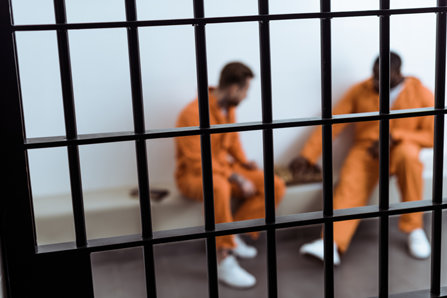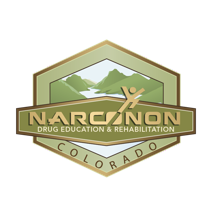The War on Drugs Should Never Have Been Fought

Any kid from the 1980s and 1990s can recall the D.A.R.E. anti-drug program. The well-known drug abuse awareness program came on the coattails of Nancy Reagan’s “just say no” campaign. The campaign, steeped in the misguided ideology of the “war on drugs” purported to give kids a way to avoid drug use. As crack cocaine devastated low-income communities and further oppressed minority groups, the rest of America’s attention was set on fighting the country’s growing drug problem, but fighting drugs seems to have been the wrong approach.
More people than ever before were jailed on drug-related offenses as more and more money was funneled into anti-drug initiatives and law enforcement. Receiving no rehabilitation whatsoever, drug users were punished instead of helped. The United States has aggressively tried to fight drugs for the last 40 years and statistics show that the drug problem only worsened over time.
President Richard Nixon first declared this “war” in the early 1970s. His policies took a punitive approach to the drug problem; setting harsher laws against drug use and possession, in addition to increased law enforcement action against drugs. Low-income areas and minority groups were disproportionately affected by these stricter laws and were subject to discriminatory practices, racism, and profiling. As a result, African Americans made up nearly 70% of all people convicted on drug charges that carried mandatory minimum sentences, another creation from the War on Drugs (Drug Policy Alliance, “Race and the Drug War.”). African Americans were also less likely to receive any type of relief from such drug-related punishments (U.S. Sentencing Commission, 2017).
The War on Drugs has cost the United States an estimated $1 trillion and the U.S. government spent an astounding $3.3 billion per year incarcerating people for drug-related offenses. Clearly, the war hasn’t been won yet, since the drug problem has only worsened over the last 4 decades. According to the CDC, 750,000 people have died as a result of a drug overdose since 1999, with 2/3 of the deaths involving opioids.
The War on Drugs attempted to arrest our way out of a growing drug problem but wound up doing more harm than good. People still died from drugs at an alarming rate; jails and prisons swelled with non-violent drug offenders. The War should never have been fought. Wiping drugs off the face of the planet was a nice thought, but highly unrealistic. The best drug abuse prevention program should be one that teaches us how to cope with the existence of drugs and educate our coming generations on the dangers and effects of drugs instead. Recently, Washington State has started to amend some of their felony drug laws that were set years ago and now appears to be taking a different approach.
This past week, the Washington State Supreme Court made a ruling, striking down felony drug possession laws and ordered local law enforcement agencies to stop making arrests for simple drug possession. The court ruled in a 5/4 vote that the State’s current felony drug possession laws are unconstitutional, which leaves the state with no felony laws against drug possession. For the moment, there are no legal solutions or measures that have been put in place of the previous felony laws. This is a critical mistake.
While it is believed that substance abuse disorders are more of a public health concern, with drug abuse comes additional criminal activity. When a person who is addicted runs out of money or means to procure their drugs, often the quickest and easiest ways to get money are illegal. As a result, simply making possession legal will not solve the underlying criminality nor the addiction.
To take the place of previous felony drug laws, ideas like legally enforcing drug rehabilitation instead may work much better. Our country also needs to learn how to cope with the fact that drugs continue to fill the void left by growing problems with literacy and education. We need to focus on rehabilitating drug users instead of punishing them. There needs to be a higher demand for drug education and prevention programs that can keep kids off drugs and make certain they don’t pick them up in the first place.
Sources:
- https://www.kiro7.com/news/local/seattle-police-bellevue-other-law-enforcement-immediately-stop-arresting-people-drug-possession/BXK4XTO3DFCYZFGQ3YOYTYJFUI/
- https://today.law.harvard.edu/feature/war-drugs-succeeding/
- https://www.americanprogress.org/issues/criminal-justice/reports/2018/06/27/452819/ending-war-drugs-numbers/
- https://www.cdc.gov/drugoverdose/data/index.html
